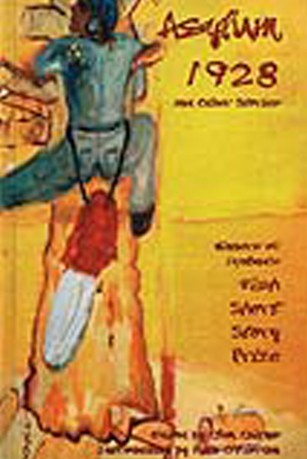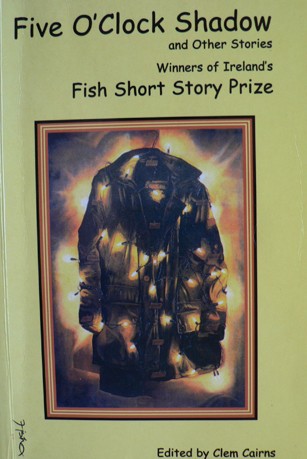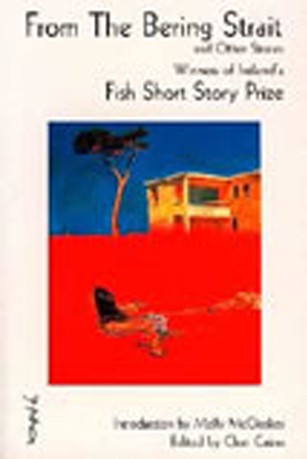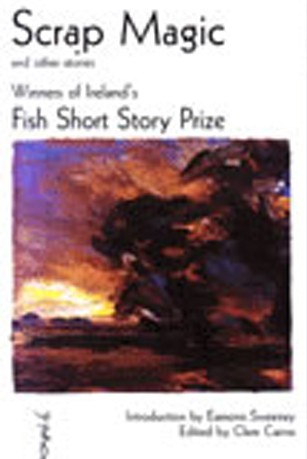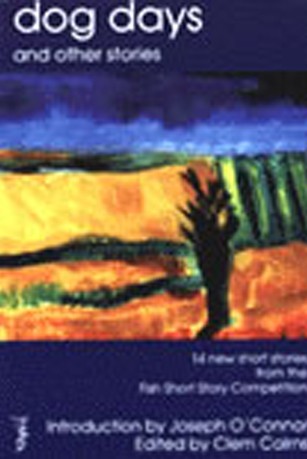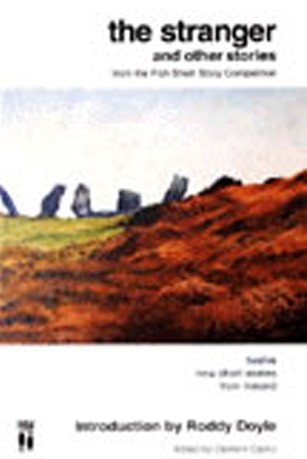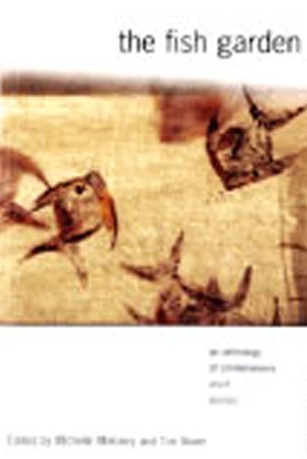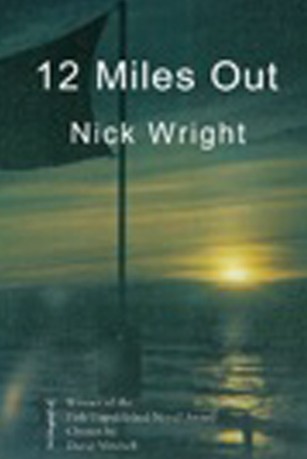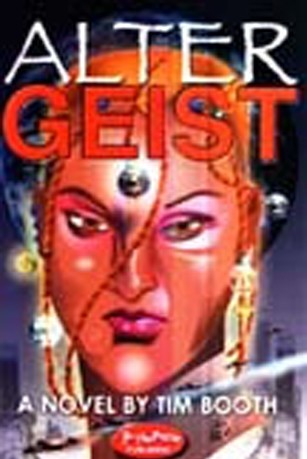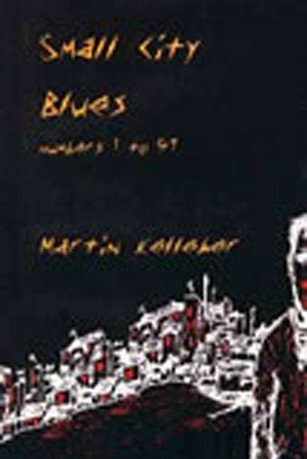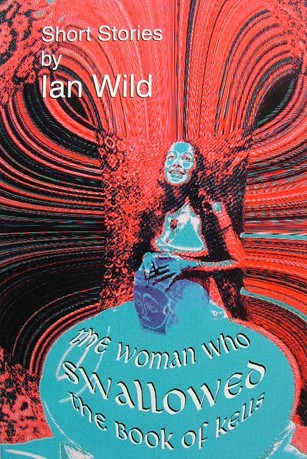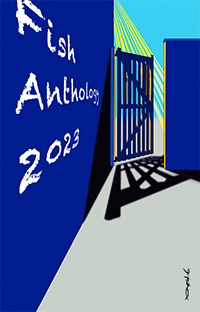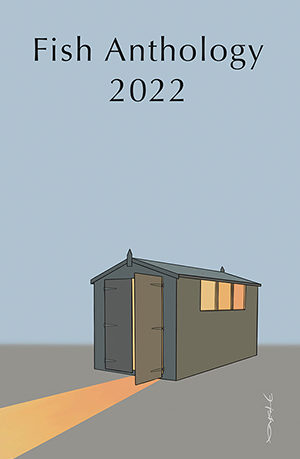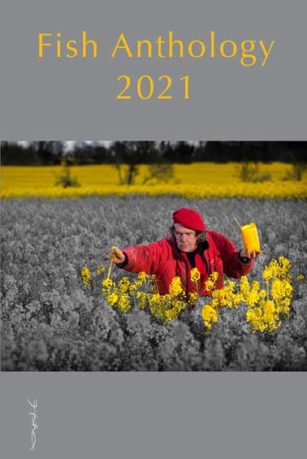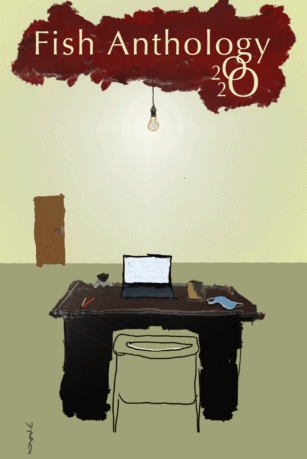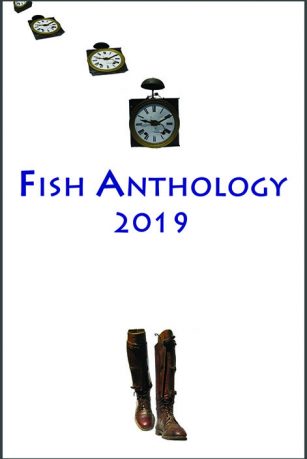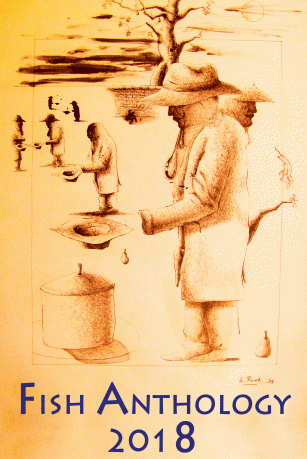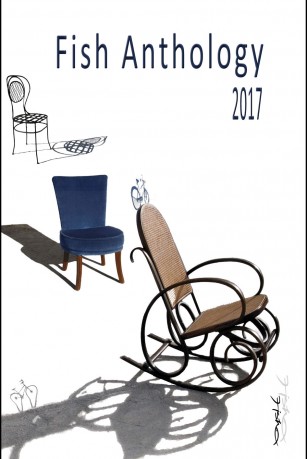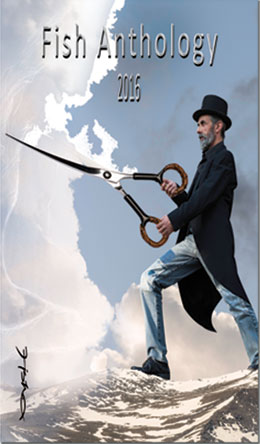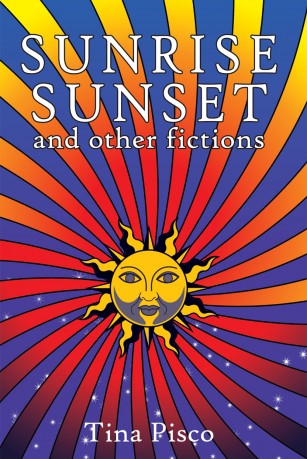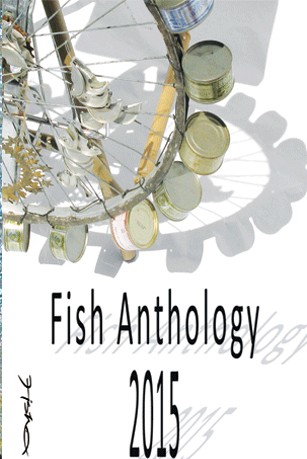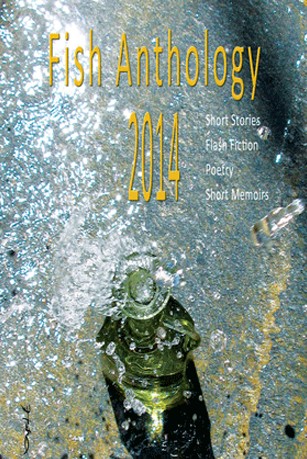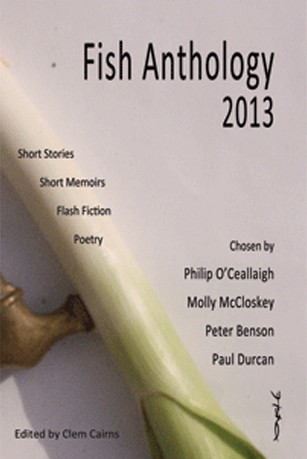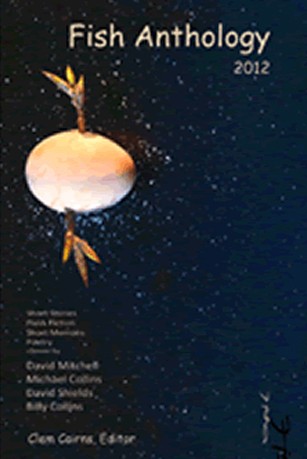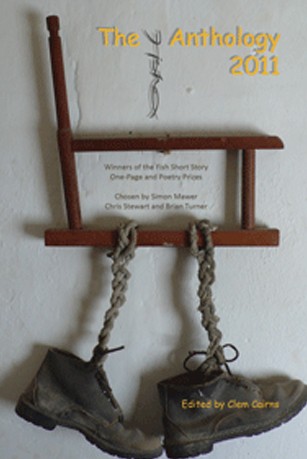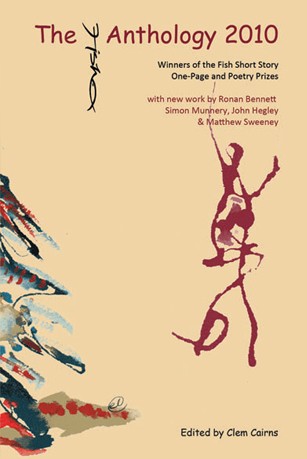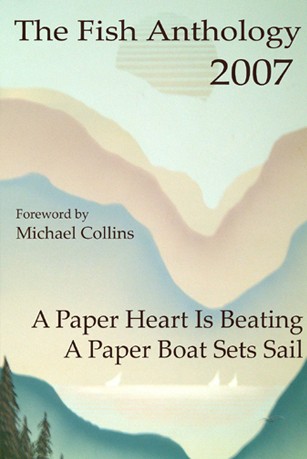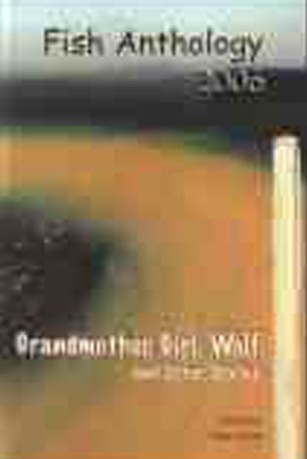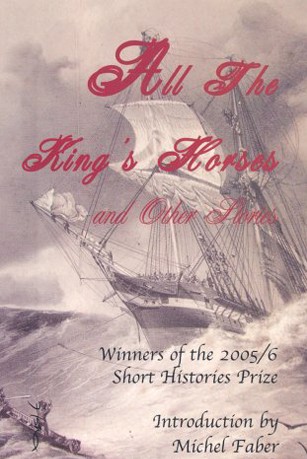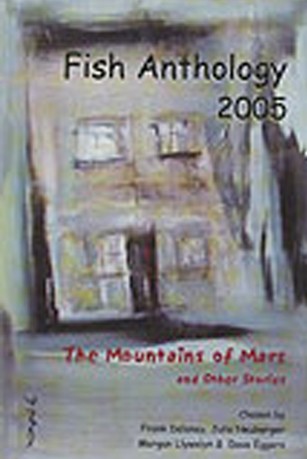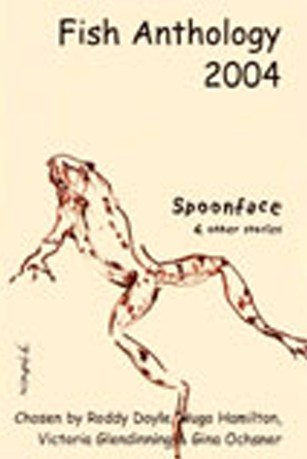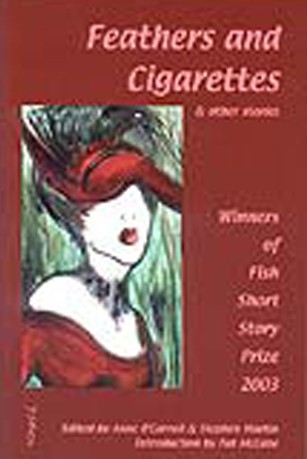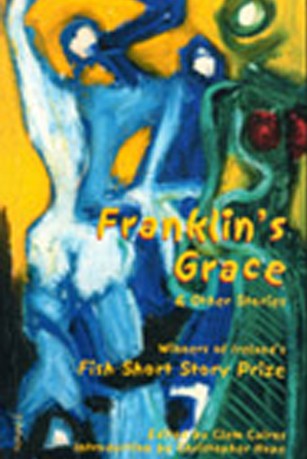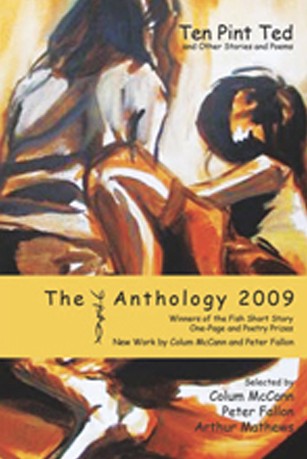
Fish Anthology 2009 – Ten Pint Ted
ISBN: 978-0-9562721-0-2
This anthology contains winners from Fish Publishing’s three annual competitions – The Fish Short Story Prize, The Fish One-Page Prize and The Fish Poetry Prize, plus new work from judges Colum McCann and Peter Fallon. Read below introductions from this anthology by Colum McCann and Peter Fallon Listed below you will find all authors and poets published in this anthology along with the names of their works. Read the winning story from the Fish short Story Prize – Ten Pint Ted by Ian Wild, the winning story from the Fish One-Page Prize In the Car by Bernadette M. Smyth and a poem published in the anthology – The Locksmith by Annie Atkins Introductions by Colum McCann and Peter Fallon, Literature is not an Olympics. It never has been and it never will be. Part of the beauty of writing is that the writer creates a world that has not existed before. We step into the new and the un-tried. And the reader then has the ability to venture into a time, a place, a geography that is not his or her own. We get new bodies and homes and minds to dwell in for a while. We are re-made. I love this process. It is the dignity of writing. It is what fills the lungs of literature. And – just as it is impossible to say which life or which country or body is the best to live in – it is also impossible to say which story is the best to read. I hate competitions in a way. It pretends that one story is better than the other. It claims that one territory has been more deeply inhabited than the other. It presumes that one character is deeper than the next. This is not the case. It never will be. Every time I judge a competition I swear I will never do it again. I am convinced that I missed a story somewhere, one that was about to break my heart. I am sure that the postman forgot to deliver that one manuscript that would have shone. I am certain that I have upset somebody by not reading their story properly. I know that somewhere along the line I fouled up. I am quite sure that someone who deserved it didn’t make it to the short-list, and I didn’t get the chance to read them. I am afraid that I will meet them in a dark alley, or even worse, see them at the Nobel podium somewhere down the years. But that’s life. I have to accept it. I probably got it wrong. But, byGod, I hope I got some of it right. I sing those who are published here – they have done a very fine job. But I also sing those who did not get published. I know and recognise the blood, sweat and tears that have gone into the work of every single story. It is difficult to create from dust, which is what writers do. I hail everyone who entered. And I thank those who made it through to this stage. It is an honour to have read your work. And I know that the best stories are those that are still untold … so keep writing, keep creating, keep the faith. Colum McCann New York May 2009 Attention, Please? Someone wasn’t paying attention. That someone submitted a poem to which I considered awarding first prize. Gnomic, assured, haunting, it is a poem that’s clearly aware of the tradition of recent poetry and alert to its own chances of taking its place in the great assembly of our art. But it’s a poem that isn’t eligible for the prize because it has been published already. That’s against the rules. And this example shows the price of not paying attention. In poetry, the payment, or act, of attention is basic and crucial. Ways of seeing: ways of saying. As I judged the competition I read hundreds and hundreds of anonymous poems. Poems of all kinds, from an uncommon range, I’d hazard, of countries and cultures. I read each at least twice. Several of those on my ‘longlist’ I read a dozen or twenty times. The ones I’ve chosen display a healthy variety. They are credible versions of lives, lives lived and lives longed for. It’s as if each of them found and channelled a force of trust that, in turn, made it trustworthy. To the winner and four runners up I’ve added a couple for honourable mention. The strengths of these endure either in details or in the emotional embrace of unknown circumstances. The four runners up suggest something of the reach of poetry itself – from one (‘The Long Run’) that’s responsive to and fuelled by an utterly up-to-date predicament to one that achieves the quiet expression of a private aspiration. ‘I Can Move Stars’ nearly shouldn’t succeed. It’s almost too simple. But it’s persuasive ultimately because it conveys an impression that it couldn’t have been written by anybody else. Similarly ‘I Am’ (echoing John Clare) and ‘This Corolla, Mama’ (this what?!) bear distinctive signatures. Their energies move unerringly towards their endings. I warmed to ‘The Locksmith’ for its innocence, for the purity of its lines and for the way it unfolds the drama of a relationship and its two protagonists. The integrity of its stanzas reminds us that stanza means room. And this poem’s ‘rooms’ become an attractive house of feeling and tone because, I believe, it remains fully attentive to all of its components. All of these poems, in their differing ways, stand properly for themselves. Saluting their subjects and their readers, they stand up to their responsibilities. They stand, you might say, to attention. Peter Fallon Loughcrew May 2009
Contents
Short Stories Ten Pint Ted by Ian Wild The Return of the Baker, Edward Tregear by Vanessa Gebbie Painting Over Elsa by Annemarie Neary Bridie’s Birthday Party by Gerry Boland Epistle of a Doddery Old Bastard by Kit Fletcher Lad by Derick B. Donahoe The Weight of Clouds by Elizabeth Kazura Jesus on a Cross with Blu-Tack by Dolores Walshe Chicken and Beef by Ann Ward A Capitalist Adventure by Mair Masuda This is the House that Horse Built by Colum McCann One-Page Stories In the Car by Bernadette M. Smyth Theoretically by Tom Glover 71st Street by Theresa Barnett View from Limbo by Colette Dartford April Fool and the Feministas by D. K. McCutchen The Last Bullet by Fia Kenzie Reincarnation by Geraldine Walsh A Simple Mathematical Equation by Annie Atkins Plaza de Armas by R. S. Mann Night Games by Gerry Galvin Poetry The Locksmith by Annie Atkins I am by Jane Clarkee I Can Move Stars by Mary O’Gorman Gap Year by Helaena Nolan The Long Run by Adam Wyeth This Corolla Mama by Marcella Spruce Factory Girl (Guangdong Province, China) by Marie Altzinger Always Something by Peter Fallon Micro Fiction Blown Away by Jan Sanzone Bottle by Angela Carr


